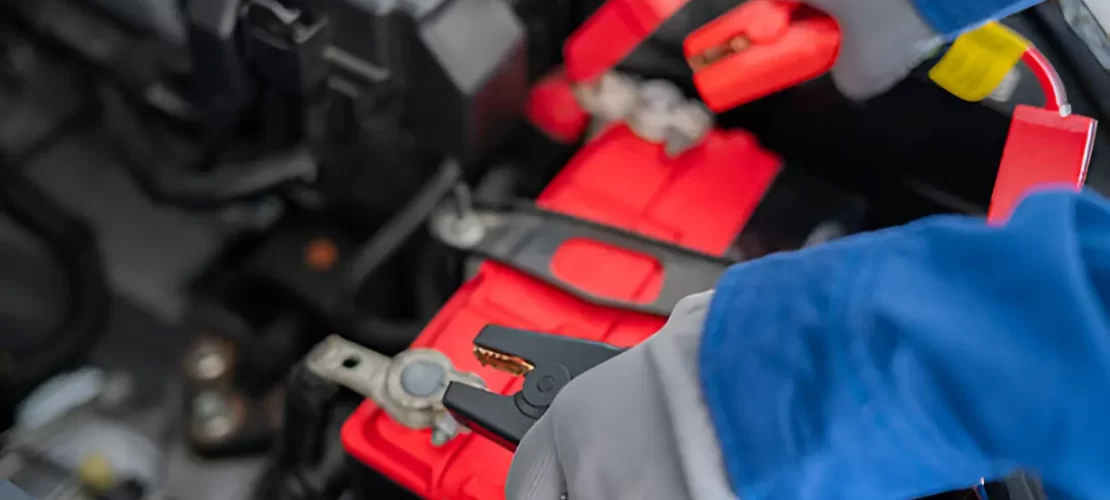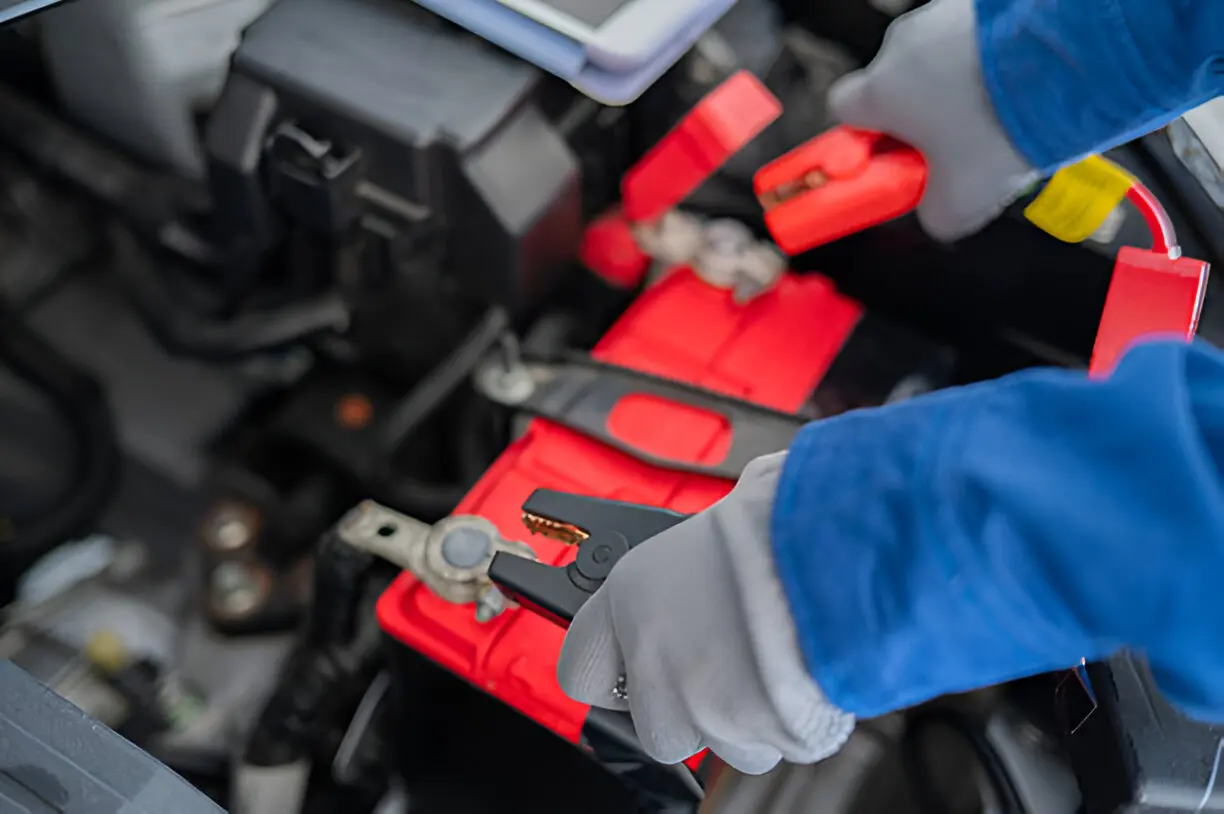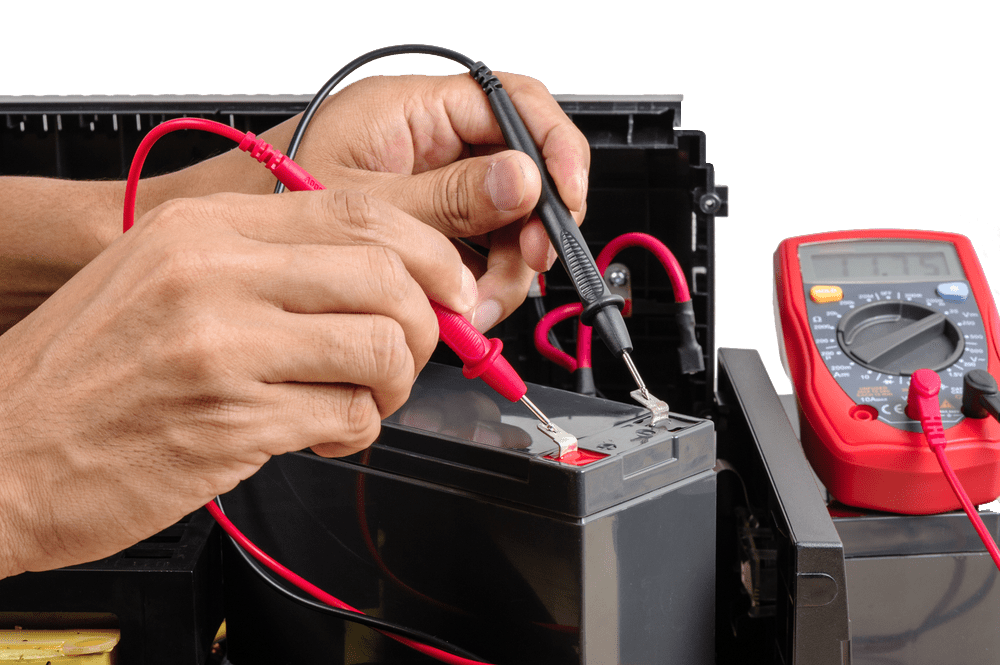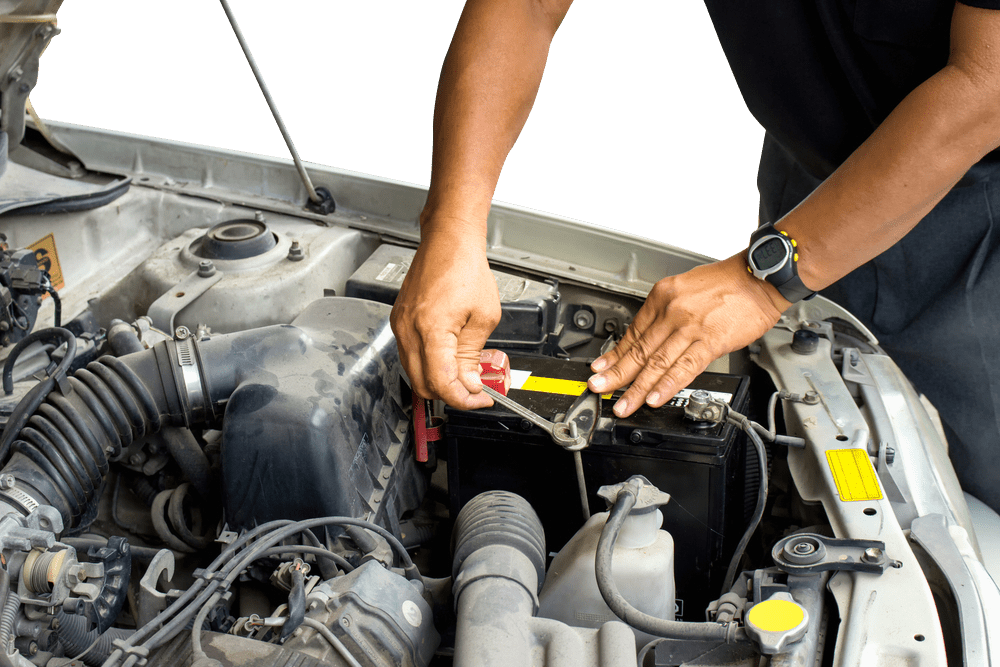- 15 Aug 2025
Common Reasons Car Batteries Suddenly Fail

Car batteries are the unsung heroes of our vehicles, silently providing power until the day they unexpectedly leave us stranded. When car batteries fail without warning, it can disrupt schedules, create safety concerns, and lead to costly roadside assistance calls. Understanding the reasons car batteries suddenly fail can help vehicle owners anticipate problems and take preventive measures before facing an unexpected breakdown.
The Critical Role of Battery Health in Vehicle Reliability
Modern vehicles rely extensively on electrical systems, with the battery serving as the foundation for everything from engine starting to advanced safety features. While most car batteries are designed to last 3-5 years, various factors can cause premature failure, sometimes with little to no warning. These sudden failures often occur at the most inconvenient times, such as during extreme weather conditions or when far from assistance.
Top Reasons Car Batteries Suddenly Fail
1. Age-Related Deterioration
One of the most common reasons car batteries fail is simply reaching the end of their useful life. Batteries naturally degrade over time as internal components break down through repeated charging cycles. This deterioration accelerates in the final stages of battery life, which explains why seemingly healthy batteries can suddenly stop working.
What happens inside: As car batteries age, the lead plates inside gradually shed material, which collects at the bottom of the battery. Eventually, this material can cause internal short circuits or reduce the battery’s capacity to hold a charge. The chemical reactions that generate electricity also become less efficient over time.
Expert insight: “Many drivers mistakenly believe their battery is fine until the moment it fails,” explains James Morley, automotive electrical systems specialist. “In reality, most batteries show subtle signs of deterioration months before complete failure, but these signs often go unnoticed until it’s too late.”
2. Extreme Temperature Exposure
Temperature extremes represent one of the most significant stressors for car batteries. Both excessive heat and severe cold can contribute to situations where car batteries fail unexpectedly.
Hot weather effects: High temperatures accelerate the chemical reactions inside batteries, causing internal components to degrade more quickly. Battery fluid can evaporate faster in hot conditions, leading to damaged cells and reduced capacity.
Cold weather impacts: Low temperatures slow the chemical reactions needed to produce electricity while simultaneously increasing the power required to start an engine. This double challenge explains why many car batteries fail during the first cold snap of winter.
Regional consideration: Vehicle owners in areas with temperature extremes often experience more frequent battery failures and may benefit from selecting batteries specifically designed for their local climate conditions.
3. Parasitic Drains Depleting Reserve Power
Modern vehicles contain dozens of electronic systems that may continue drawing small amounts of power even when the engine is off. While these parasitic drains are normal and usually manageable, excessive or unintended power draws can silently deplete your battery to the point of failure.
Common sources of parasitic drain include:
- Malfunctioning electronic modules
- Aftermarket devices with continuous power requirements
- Trunk, glove compartment, or interior lights that don’t shut off completely
- Corroded or damaged wiring creating unintended circuits
Diagnostic approach: “When investigating reasons car batteries fail prematurely, I often perform a parasitic drain test,” says Elena Rodriguez, certified automotive technician. “I’ve found drains as high as 300 milliamps on vehicles with electrical gremlins, which can completely discharge a battery overnight.”

4. Charging System Failures
The battery and alternator work as partners in your vehicle’s electrical system. When the alternator (the component that recharges your battery while driving) fails or underperforms, the battery must compensate by providing more power than designed. This overreliance quickly depletes the battery’s reserves.
Warning signs: Dimming headlights during idling, a battery warning light on the dashboard, or electrical accessories operating inconsistently can indicate alternator problems that may lead to battery failure.
Technical explanation: A healthy charging system should produce approximately 13.5-14.7 volts during operation. When output drops below this range, the battery receives insufficient charging current, gradually depleting until it can no longer start the vehicle.
5. Corrosion and Poor Connections
Battery terminals and cable connections form the critical pathway for electrical current to flow into and out of the battery. Corrosion, loose connections, or damaged cables increase electrical resistance, forcing the battery to work harder to deliver the same power.
Visual indicators: White, green, or blue powdery substances around battery terminals signal corrosion that can impede proper electrical flow. This increased resistance not only reduces starting power but also prevents adequate recharging.
Preventive maintenance: Regular inspection and cleaning of battery terminals can prevent this common reason car batteries fail. A simple solution of baking soda and water applied with a wire brush can remove most corrosion before it causes serious connection problems.
6. Short Trips and Infrequent Driving
Vehicle batteries discharge significantly during the starting process and rely on extended driving periods to fully recharge. Frequent short trips or leaving a vehicle parked for extended periods prevents proper recharging cycles, gradually depleting the battery’s reserve capacity.
The science behind it: Starting an engine can consume up to 3% of a battery’s total capacity. The alternator typically requires 15-20 minutes of engine operation to replace this energy. When driving patterns consist primarily of short trips, the battery operates in a constant state of partial discharge.
Mitigation strategy: For vehicles used primarily for short trips, consider using a battery maintainer during overnight parking or implementing a weekly “battery maintenance drive” of at least 30 minutes to ensure proper charging.
7. Manufacturing Defects and Quality Issues
Not all car batteries are created equal. Manufacturing defects or quality control issues can lead to premature failure, sometimes within months of installation. While less common than other causes, defective batteries typically fail suddenly and without the gradual performance decline seen with age-related failures.
Consumer protection: Most battery manufacturers provide warranty coverage specifically for premature failures caused by manufacturing defects. Keeping your purchase receipt and warranty information accessible can streamline the replacement process if you encounter this issue.
Selection guidance: “Investing in a battery from a reputable manufacturer with robust quality control processes can significantly reduce the risk of premature failure,” advises automotive electrical systems engineer Mark Thompson. “The cheapest option rarely delivers the best long-term value.”
8. Excessive Vibration Damaging Internal Components
Vehicles operate in challenging environments with constant movement and vibration. When battery hold-down mechanisms fail or become loose, the battery experiences excessive movement that can damage internal components and connections.
Mechanical impact: Continuous vibration can cause the battery’s internal plates to break or shed active material more quickly. This physical damage accelerates the normal aging process and can create internal short circuits that lead to sudden failure.
Inspection point: Checking that your battery is securely mounted should be part of regular maintenance routines, especially for vehicles frequently driven on rough terrain or those that have had recent battery replacements.
Preventing Unexpected Battery Failures
Understanding the common reasons car batteries fail is the first step toward prevention. These practical strategies can help extend battery life and reduce the likelihood of unexpected failures:
Regular Testing and Inspection
Professional battery testing provides valuable insights into battery health before visible symptoms appear. Many auto parts stores and service centers offer free battery testing services that measure:
- Battery capacity (reserve power)
- Voltage under load
- Charging system performance
- Internal resistance
Recommended schedule: Have your battery professionally tested annually after it reaches two years of service, and more frequently as it approaches the typical end-of-life range.
Proactive Replacement Strategy
Rather than waiting for complete failure, consider proactively replacing your battery when testing indicates declining performance or when approaching the manufacturer’s estimated service life.
Cost-benefit analysis: The cost of preventive replacement is often significantly lower than the combined expenses of emergency roadside assistance, potential towing, and the inconvenience of being stranded.
Address Warning Signs Promptly
When your vehicle exhibits any of these warning signs, investigate promptly:
- Engine cranking more slowly than usual
- Headlights dimming when the engine idles
- Electronic systems resetting or behaving erratically
- Battery warning light illumination
- Swollen battery case or corrosion around terminals
Climate-Specific Maintenance
Adjust your maintenance approach based on local climate conditions:
Hot climates: Check battery fluid levels more frequently (in serviceable batteries), ensure proper ventilation around the battery, and consider using a battery with enhanced heat resistance.
Cold climates: Maintain a full charge during winter months, as partially charged batteries are more susceptible to freezing. Consider using an engine block heater to reduce starting strain during extreme cold.
When to Seek Professional Assistance
While basic battery maintenance falls within the capabilities of many vehicle owners, certain situations warrant professional intervention:
- When battery testing indicates marginal performance
- If you notice unusual smells (particularly rotten egg odors) around the battery
- When the battery case appears swollen or damaged
- If your vehicle has advanced start-stop technology or complex energy management systems
- When replacing batteries in vehicles with computer memory systems that require uninterrupted power
Conclusion: Staying Ahead of Battery Failure
The reasons car batteries suddenly fail often involve a combination of factors rather than a single cause. By understanding these common failure modes and implementing preventive maintenance strategies, vehicle owners can significantly reduce the likelihood of unexpected breakdowns.
Battery health represents one of the most critical yet frequently overlooked aspects of vehicle reliability. Taking a proactive approach to battery maintenance not only prevents the inconvenience of sudden failure but also protects other vehicle systems from potential damage caused by electrical instability.
Remember that modern car batteries generally provide reliable service for 3-5 years, but this timeframe varies based on driving habits, climate conditions, and vehicle electrical demands. By recognizing the warning signs and understanding the common reasons car batteries fail, you can replace your battery on your schedule rather than when it decides to leave you stranded.











